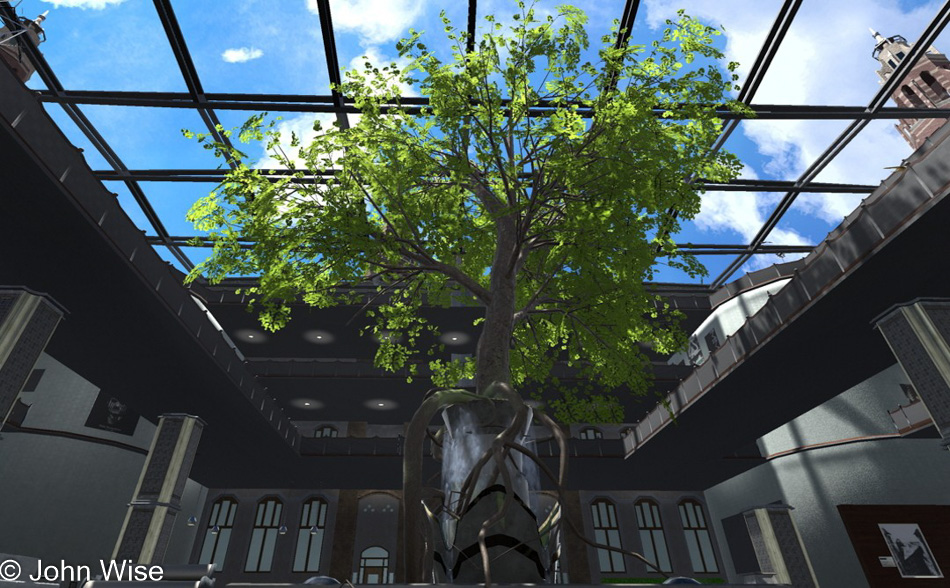
We are at the precipice of an emergent phenomenon where digital intelligence is about to unleash a wave of creativity that will exceed almost everyone’s wildest dreams. While there’s the chance that some horrific dystopian future featuring our enslavement by evil robot overlords could occur, I find it pretty unlikely. After all, we managed to avoid killing ourselves off with nuclear weapons in spite of all the doom-and-gloom prophecies.
So, with the obligatory nod to the pessimists that bad could come of it, I now opt to share the cultural positives that will likely emerge from the exploration of artificial intelligence, also known as deep learning. Why is this important to virtual reality? It’s because I don’t see Hypatia and VR as exclusively living in the world of gaming, on the contrary, it is a window to our future, creativity, and education. A future where passive entertainment is anathema to the progress of an advanced civilization. A future that demands our participation. Hypatia is an immersive explorer in which there will be much more than casual observation of pretty places; the visitor to our world in the sun of VR will be compelled to pick up a paintbrush, sculpt, sing, create music, or juggle the atoms that hold the structure of this virtual reality together in order to learn a thing or two about the science of digital construction.
For a society to make these strides, we’ll have to think differently, and one of the fundamental changes occurring today that is forcing this confrontation with our ingrained, outmoded ways of thinking is the emergence of machine intelligence. Many are frightened by it, but I am not. It is the advent of this type of computing, powered by ever-faster computers, that is demanding we evaluate the potential of the machine’s intelligence before it displaces ours. The faster the technology changes, the faster it will propel us to move forward or fall behind.
To move forward, we have to find out where these advances intersect our own lives and how we can benefit from such a rapid evolution and then embrace our next step.
The reality, though, is that the general public is not ready for this and is, in fact, fearful and afraid of the change that is dragging them into the Unknown. So this then places the hope for a solution on the shoulders of artists and engineers to use their craft to ease the transition into our exploration of infinity. What will have to emerge are new creative forms, architectures, music, and expression.
We are already seeing some of the benefits when we ask our phone to answer a question or when we see the next advancement in self-driving cars. But this is just the tip of the electronic iceberg. How long before an algorithm helps guide our hand so we can draw better or the computer recognizes how we are playing an instrument and makes recommendations on how to play it better? We should already be asking why our phones aren’t helping us learn another language by translating what we say to it or analyzing our restaurant visits and recommending places to eat based on our previous culinary excursions.
What will come from our explorations of this frontier is mostly yet to be defined, and it will, with the help of unobtrusive guiding applications, engage us in fun and exciting discoveries that will more gracefully bring us into the future. This cannot be the work of just a few companies; it must come from the efforts of millions of individuals who embrace their role in advancing humanity into the new day where the digital sun shines brightly.